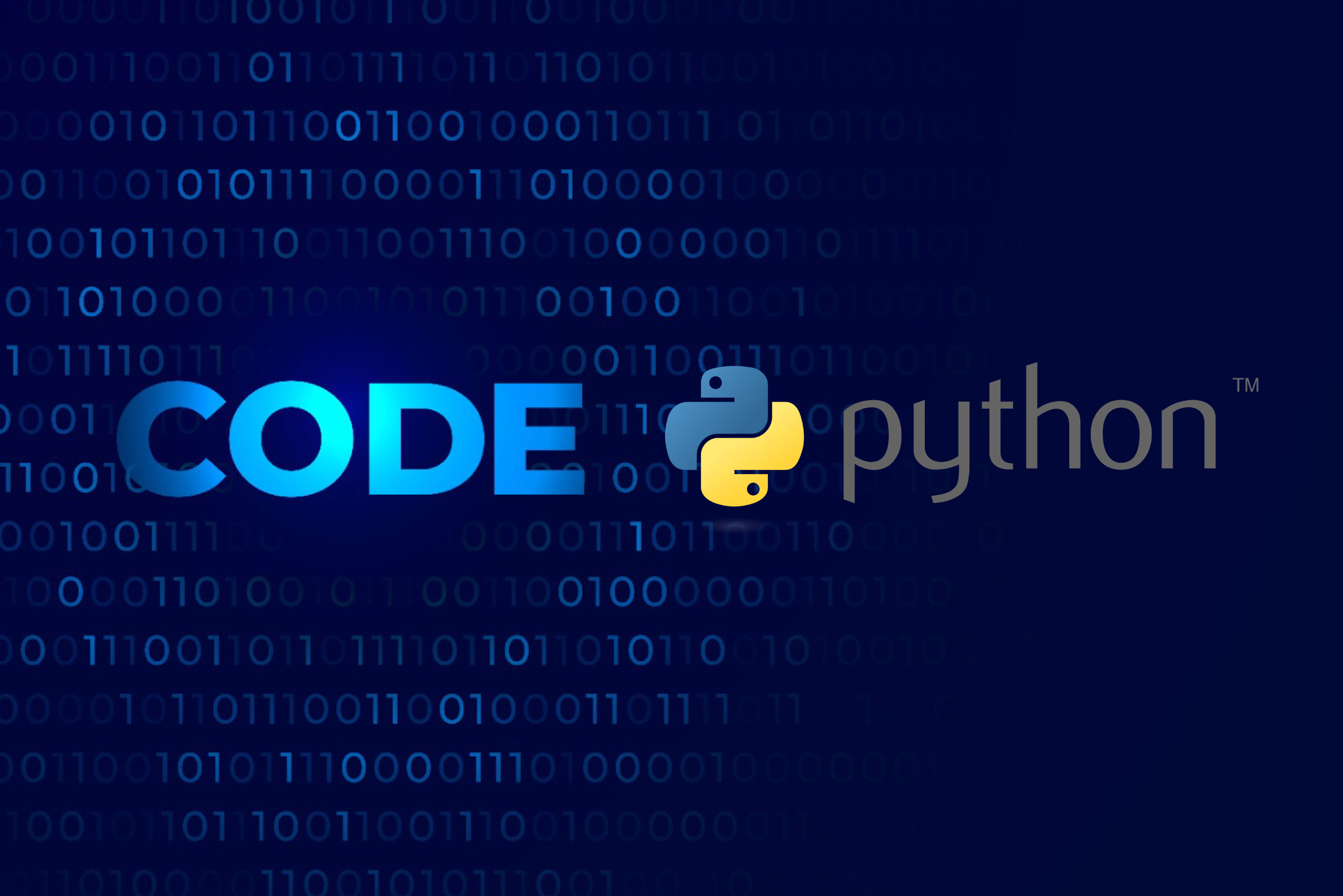
Durations: 20 hours
Lectures: 60
Students: Max 5
Level: All Levels
Language: English
Certificate: Yes
Core Python Training Course
Download PDF
What Will I Learn?
-
Introduction to Python Programming

-
Collection

-
Module & Functions

-
Input & Output

-
OOPs Concepts & Regular Expressions

-
Exception Handling

-
Multi-Threading

Course Schedule
-
4 - Week Program

-
5 Sessions a Week

-
1 Hour for Each Session

-
The Next Session Begins Every Monday

ENROLL NOW
Access this course now
Material Includes
-
Certificate of Completion

-
Access on Mobile & Laptop

-
Notes

Audience
-
Students & Recent Graduates

-
Software Developers & Programmers

-
Data Analysts & Scientists

-
IT Professionals

-
Anyone Interested In learning A New Programming Language

Course Content
Conditional Statements
If, If- else, Nested If-else
Looping- For, While, Nested loops
Control Statements, Break, Continue, Pass
String Manipulation
Accessing Strings
Basic Operations
String Slices
Function and Methods
Accessing List
Operations
Working with lists
Function and Methods
Tuple
Dictionaries
Accessing Values In Dictionaries
Working With Dictionaries
Properties
Math Module
Random Module
Packages
Types of Functions
Calling a Function
Function Arguments
Anonymous Functions
Reading Data From A Keyboard
Opening & Closing File
Reading & Writing Files
Objects
Attributes
Inheritance
Overloading
Data Hiding
Overriding
Search Function
Match Function
Modifiers
Clause
Try ? Finally Clause
User Defined Exceptions
CGI – Introduction
Architecture
CGI Environment Variable
GET & POST Methods
Cookies
File Upload
Threading Module
Synchronizing Threads
Multithreaded Priority Queue
Socket Module
Methods
Client & Server
Internet Modules
What is Python Programming ?
Python is a high-level, interpreted programming language. It is widely used for a variety of applications, including web development, scientific computing, data analysis, artificial intelligence, machine learning, and more.
Python is known for its simplicity and readability, as well as its extensive libraries and frameworks that make it easy to write powerful code quickly. It is an object-oriented language, which means that code is organized around objects that interact with one another to accomplish a task.
Python is an interpreted language, which means that code is executed line-by-line by an interpreter rather than being compiled into machine code. This allows for a faster development cycle and makes it easy to write and test code quickly.
Python is also an open-source language, which means that the source code is freely available to the public and can be modified and distributed by anyone. This has led to a large and active community of developers who contribute to the language's development and support its users through forums, documentation, and other resources.
Read More
Which Training Courses Required Python Programming ?
Python programming is a versatile language and is used in a wide range of industries, from software development to finance to scientific research. Therefore, there are many training courses that require Python programming as a prerequisite or teach it as a core skill. Some examples of training courses that may require Python programming include:
Data Science: Python is one of the most popular programming languages used in data science and is often required for data analysis, machine learning, and visualization.
Artificial Intelligence and Machine Learning: Python is widely used for developing AI and machine learning applications and is often taught as a core skill in related training courses.
Web Development: Python is used in web development, particularly for backend programming with frameworks like Django and Flask.
Finance: Python is used in finance for data analysis, modeling, and algorithmic trading.
Cybersecurity: Python is used in cybersecurity for automation, vulnerability scanning, and penetration testing.
Game Development: Python is used in game development for scripting and automation.
Overall, Python programming is a valuable skill to have in many industries and can help you become a more versatile and marketable professional.
Read More
Job Roles and Salaries For a Python Programmer ?
Python programming is a valuable skill in the Indian job market and can lead to a variety of job roles across different industries. Here are some examples of job roles and salaries for Python programmers in India:
Data Scientist: A data scientist with Python skills can earn an average salary of around ₹708,000 per year in India. The salary can vary based on experience, industry, and company size.
Machine Learning Engineer: A machine learning engineer with Python skills can earn an average salary of around ₹850,000 per year in India. The salary can vary based on experience, industry, and company size.
Full-Stack Web Developer: A full-stack web developer with Python skills can earn an average salary of around ₹580,000 per year in India. The salary can vary based on experience, industry, and company size.
DevOps Engineer: A DevOps engineer with Python skills can earn an average salary of around ₹1,050,000 per year in India. The salary can vary based on experience, industry, and company size.
Software Engineer: A software engineer with Python skills can earn an average salary of around ₹553,000 per year in India. The salary can vary based on experience, industry, and company size.
It's worth noting that salaries for Python programmers in India can vary depending on factors like location, company size, and industry. However, Python programming is a valuable skill that can open up many opportunities for career advancement and higher salaries in India's rapidly growing tech industry..
Read More




